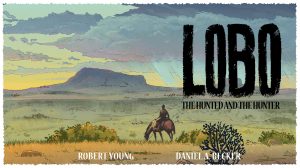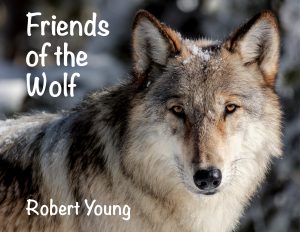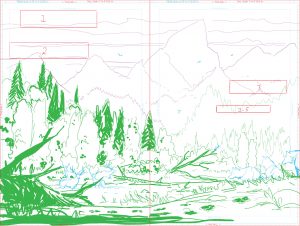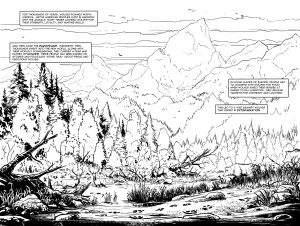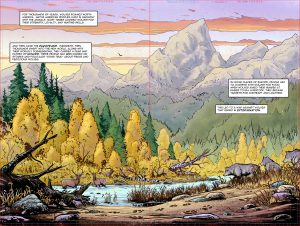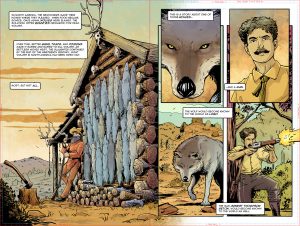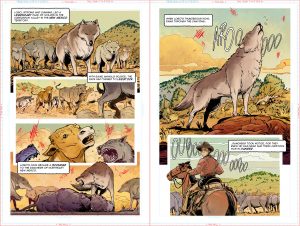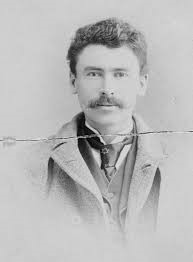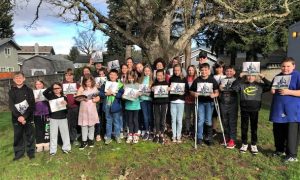Writing song lyrics is a great way to express yourself. What are you thinking about? How are you feeling? What makes you mad, sad, happy, or afraid? What do you wish for? Write about it in a song.
Don’t know where to start? Listen to your favorite songs. Write out the lyrics. If you can’t make out all the words, search for them online. When you have the words in front of you, study them. What do you notice? Is there rhyming? What’s the pattern? Notice what is the same and what is different in the songs you like.
Song lyrics are made up of verses and a chorus, the part that gets repeated during the song. Many songs have a bridge, a part that is different than the verses and chorus. It provides more variety to your song. But let’s not concern ourselves with bridges at this point. Let’s keep it simple.
Do you play music? If so, you can start by developing a melody you like and then adding the words to it. Or, you can begin with the lyrics. Select your topic and stick to it as you write. One way to write lyrics is to start with a title. Ask yourself what you want to say about the title. Then, say it in your verses and chorus. Try to create a rhythm in your lines that sounds good when you say them aloud. If you’re using rhymes, make them consistent. Use an online rhyming site to help you.
When you’ve finished, you can add music if you haven’t already done it. If you don’t play an instrument, you can create the melody with you voice. Or, you can find someone who can add the music. That’s what I’ve done. I showed some of my lyrics to a guy who has been in the music business for 40 years, who’s been in bands, made records, and written his own music. He really liked the lyrics I showed him and has been creating the music to go with them. The songs will be made into a CD when we have enough.
I’ll share an example of lyrics I wrote. These words were written with Liam, my first grandson, in mind. But, it’s also a message I have for everyone, wishing them well (“…and a million stars up above.”).

Liam Scott Young
I Wish You
This place ain’t easy
It won’t take long to see
You’ll learn the ropes along the way
And the cost to be free.
I wish you
A world of wonder
Lightning with no thunder
Miles and miles of love
And a million stars up above.
I wish you.
The rain will shout
The wind will scream
But you’ll stand tall against the storm
Just like it was a bad dream.
I wish you
A world of wonder
Lightning with no thunder
Miles and miles of love
And a million stars up above.
I wish you.
And when your time is over
And all that’s left is night
You’ll load up all your memories
And step into the light.
I wish you
A world of wonder
Lightning with no thunder
Miles and miles of love
And a million stars up above.
I wish you.
Robert Young, Real Writing Unlimited, 2020
So now, it’s your turn. Explore your thoughts and dreams. What is it that you’d like to say? I invite you to click on Comments tab and share it.
